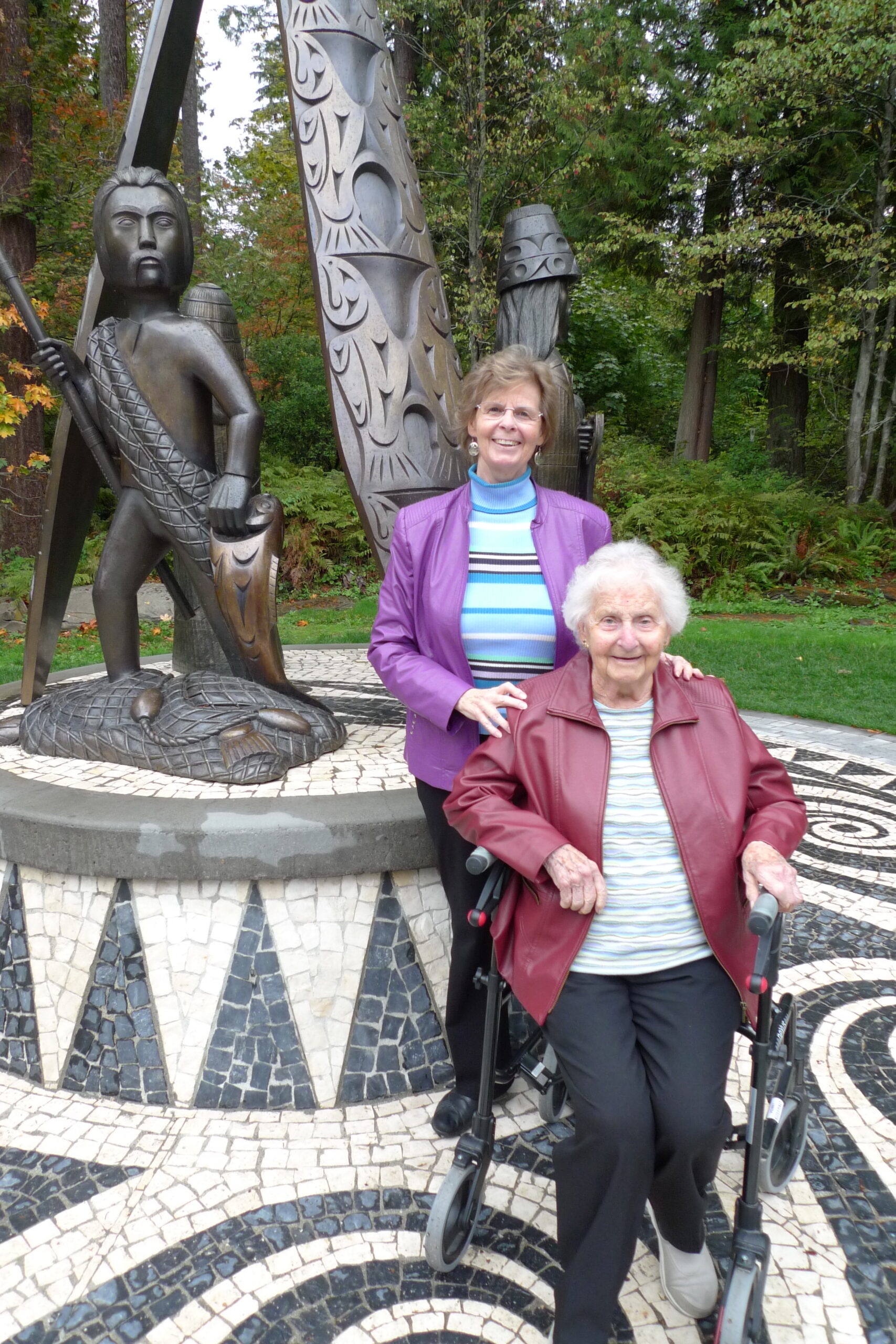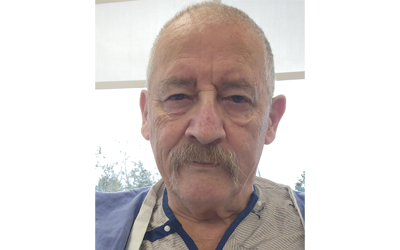Edie Bijdemast is a retired Science and Biology teacher who is the primary caregiver for her mother Henny, aged 93. Like many others who are eventually diagnosed with Parkinson’s disease (PD), the first symptom Henny demonstrated was increased anxiety, which manifested years before she was officially diagnosed with PD. Over time, the anxiety was coupled with depression. At this point, Henny was prescribed medication to help manage these symptoms.
Now, mother and daughter live in the same condo complex. Henny is currently living with advanced Parkinson’s; she frequently feels dizzy and nauseous and struggles with bloating as well as hot flashes. Henny sometimes has extreme mood swings, and during these episodes, Edie needs to guide her with breathing exercises to help her calm down. It is very difficult for Henny to leave her apartment now and she requires near-constant care. This has taken a toll on Edie’s own mental health. Last spring, Edie began to develop serious anxiety attacks that involved laboured breathing and difficulty processing information. Her doctor diagnosed her with caregiver distress and prescribed medication to help manage her insomnia and shortness of breath. This was a wake-up call to Edie: “it was not until then that I realized I had to take better care of myself if I wanted to be an effective caregiver,” she writes in an email interview.
To help alleviate stress, Edie journals, attends yoga, plays with puzzles, and enjoys nature walks. Since January 2016, she has also made use of the free, short-term counselling offered by PSBC over the phone. Her counsellor has helped her learn a number of coping strategies to focus on the present rather than worrying about the future. Edie has also found support by participating in a free on-line Mindfulness for Wellbeing and Peak Performance course through www.FutureLearn.com. This course provides step-by-step instruction on how to reduce emotional reactivity to difficult experiences. It has provided her with such comfort that she is currently taking it for the third time. Edie has also made arrangements with three different companies for in-home caregiving support in order to obtain some respite time for herself.
In their day-to-day lives, Edie and Henny strive to maintain a positive attitude. Each day, they discuss one or two different photos of treasured moments they shared in their past. Since Edie needs to stay close to home to care for her mother, her retirement travel plans have been placed on hold, so she purchased a 365 day travel calendar which enables her to quench her wanderlust a bit every day. Finally, Henny and Edie also find comfort in humour. Edie writes, “It is said that laughter is the best medicine and, especially during difficult times, we try to look at the funny side of things. Even a small smile every now and then can be so very uplifting.”







